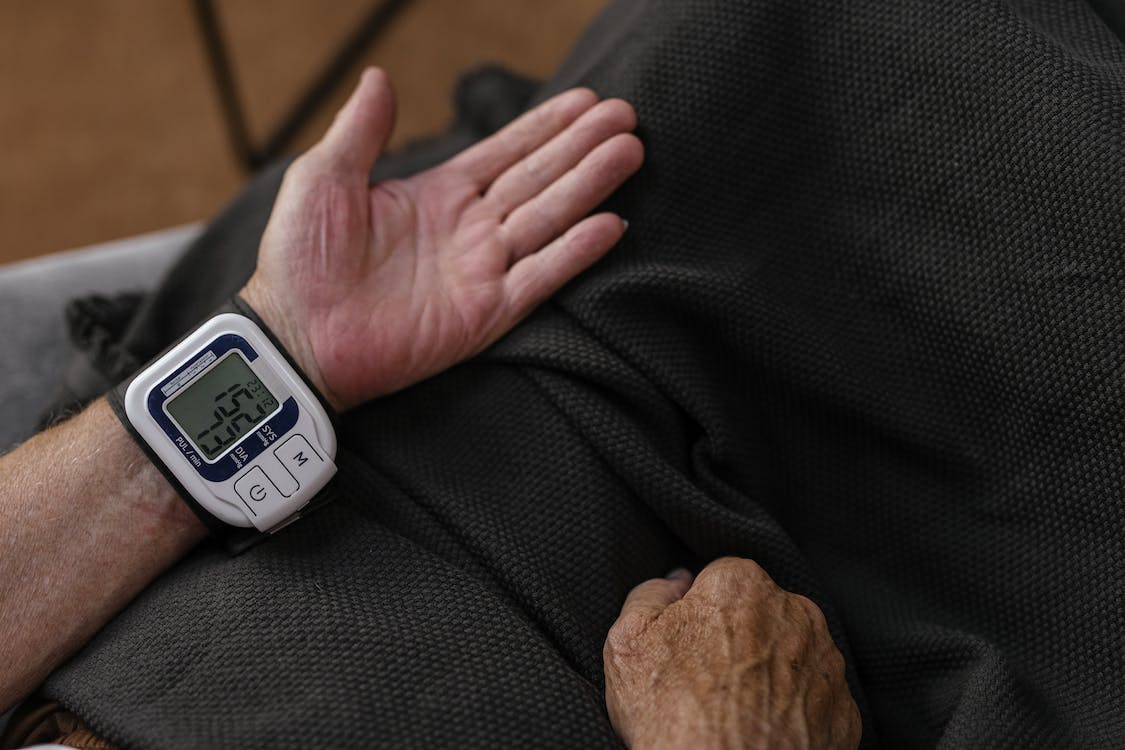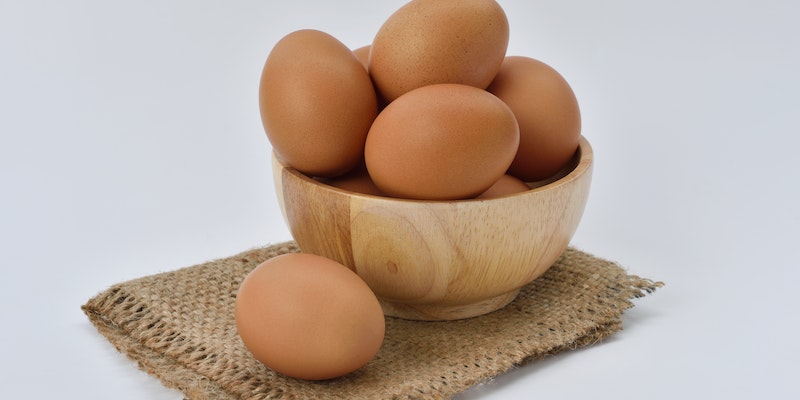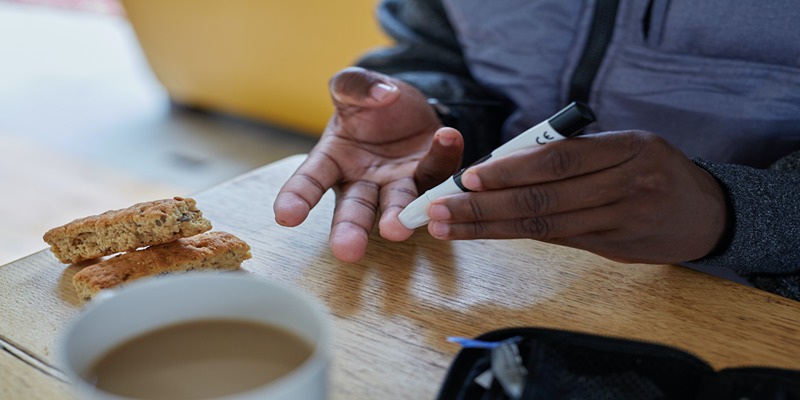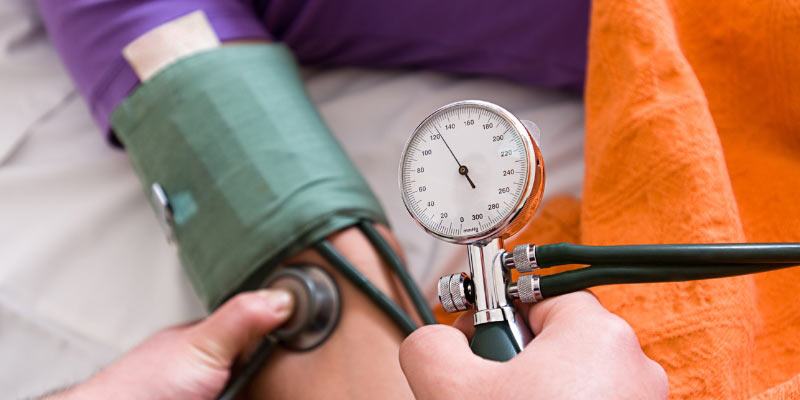According to recent research, even moderate alcohol use (the equivalent of one beer or glass of wine per day) may raise systolic blood pressure (the "top number" that measures in those who do not have hypertension.
Senior research author Marco Vinceti, said, "Even low alcohol consumption is detrimental to human health."
According to findings published in the journal Hypertension, even moderate alcohol intake had a deleterious effect on systolic blood pressure in both men and women. Light drinking was also linked to higher diastolic blood pressure (the "bottom number" is at rest between beats) among men, but not women.
How Low Should Your Blood Pressure Be?

According to the American Heart Association (AHA), a person's blood pressure is normal if their systolic reading is less than 120 mmHg and their diastolic reading is less than 80 mmHg. Diastolic blood pressure readings exceeding 80 mm Hg or systolic readings of at least 130 mm Hg are used to diagnose hypertension.
The World Health Organization (WHO) lists alcohol intake as a risk factor for hypertension alongside age, weight/obesity, inactivity, and a diet rich in salt. The World Health Organization (WHO) believes that no alcohol intake is safe, citing the hazards to heart health associated with even moderate drinking.
The findings of this research provide further credence to the World Health Organization's (WHO) recommendation that all alcoholic drinks be avoided. If you're worried about your blood pressure, the less alcohol you consume, the better.
People with other risk factors for hypertension may have that risk increased if they drink alcohol.
In the most recent study, scientists looked at information from seven studies that tracked almost 19,000 people for around five years. When they enrolled in this research, none had a history of alcoholism, binge drinking, hypertension, heart disease, diabetes, or liver illness.
Regular alcohol use was measured in terms of how many grams of alcohol each participant ingested over a typical week. According to scientific consensus, one drink contains 12 grams of alcohol, about the amount found in wine (5-ounce), a 12-ounce beer, or a 1.5-ounce shot of liquor.
Systolic BP was 1.25 mm Hg higher in persons who averaged one drink per day than nondrinkers and 4.9 mm Hg higher in people who averaged two drinks per day. Similarly, those whose average daily consumption was one drink had a 1.14 mmHg increase in diastolic blood pressure. In contrast, those whose average alcohol daily consumption was two drinks saw a 3.1 mmHg increase.
While an individual's blood pressure may not rise significantly with a mild increase, the population may be at greater risk of heart disease, especially among the elderly and those with other risk factors.
Can Aging Affect Your Blood Pressure?
The absence of information on how aging could affect the link between alcohol use and rises in blood pressure is one of the study's limitations. No attempt was made in this study to show if or how alcohol causes hypertension.
However, alcohol can have clear biological effects on the body that may increase the likelihood of developing high blood pressure. Alcohol, according to Dr. Goldberg, an AHA expert volunteer, may boost levels of the stress hormone cortisol, which can elevate blood pressure and heart rate.
Many drugs and alcohol are processed in the liver, so for an individual with high BP, blood pressure medications can cause interference. Further research is required to identify the precise risk that the minor rises in blood pressure noticed with a single daily drink can eventually lead to hypertension.
However, the absence of benefit from modest drinking is evident even if the hazards are not. There is no evidence drinking alcohol may reduce the risk of developing heart disease.
Factors to Lower Blood Pressure Risk

Lifestyle choices significantly influence blood pressure levels. Regardless of whether one has hypertension, the presence of multiple lifestyle-related risk factors increases the probability of high blood pressure. Fortunately, many of these, such as alcohol daily consumption, are adjustable. It's beneficial to pinpoint and address the predominant contributors to elevated blood pressure, especially those an individual is motivated to change.
When considering the influence of diet on blood pressure, it's crucial to evaluate sodium consumption first. Excessive sodium, predominant in many processed foods, is a common issue, especially in countries like the US. Overconsumption of sodium can disrupt potassium levels, as the body releases potassium to achieve a balance.
The DASH diet is designed to decrease blood pressure. However, other heart-friendly diets, like vegan or Mediterranean ones, can be equally effective.
Furthermore, regular physical activity can both prevent and address high blood pressure. Activities like brisk walking, dancing, running, and swimming are particularly beneficial. A comprehensive analysis of data from numerous individuals with hypertension highlighted the advantages of aerobic exercises in reducing blood pressure. For optimal heart health, it's advised that most individuals engage in roughly 150 minutes of physical activity weekly.
While hypertension often correlates with aging in North America, some regions like southwest China and Vietnam see relatively stable blood pressure levels across age groups. However, adopting Western dietary and lifestyle habits can lead to the emergence of hypertension in these populations.






